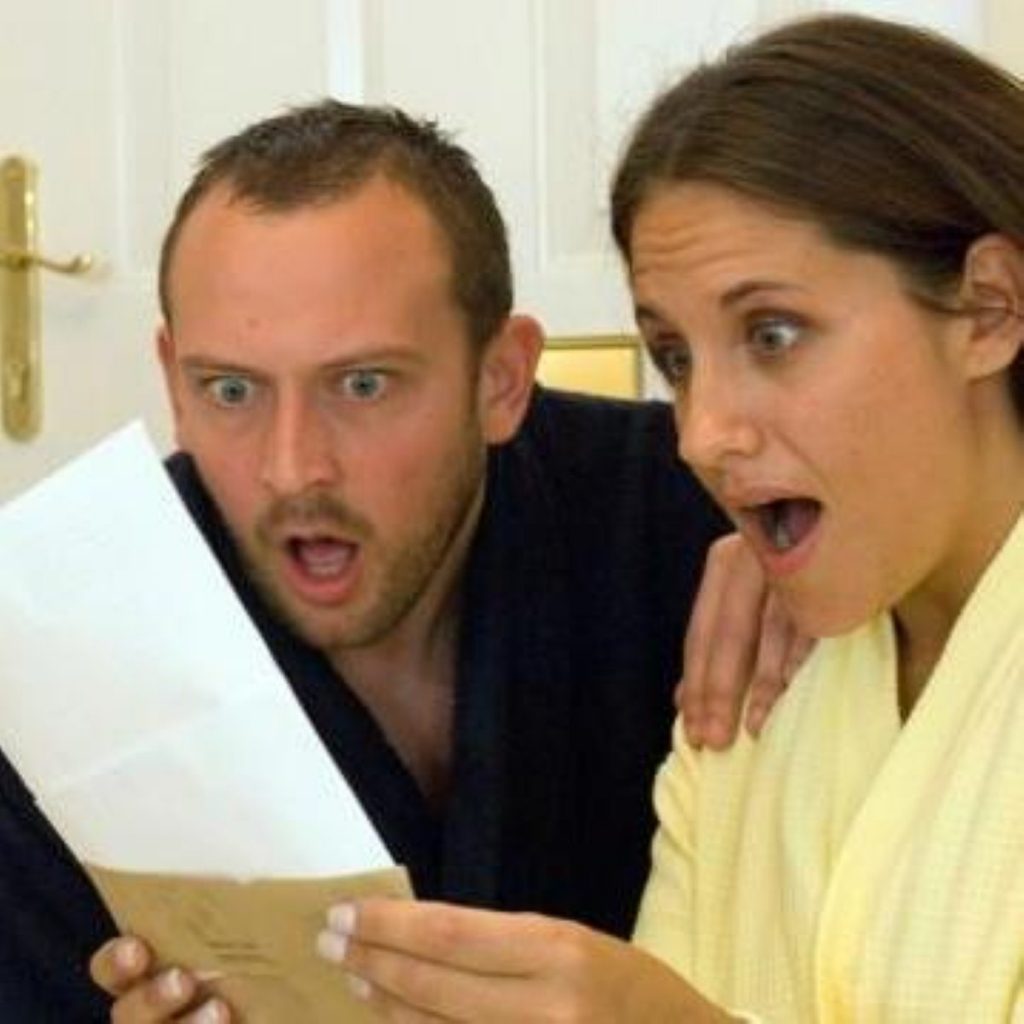Council tax bills ‘about to hit £1,500’
By Ian Dunt
Council tax bills could hit £1,500 a year in some areas next April, after new accountancy rules force tax hikes of up to three per cent.
The introduction of the International Financial Reporting Standard next year will reform the rules around the amount of capital councils have to put to one side for holiday pay.
Local authorities will therefore have to calculate two year’s worth of staff leave in the 2010/11 balances, resulting in a one-off additional lump sum.


The Chartered Institute of Public Finance & Accountancy (Cipfa), which published the findings today, warned the effects would be particularly felt in local councils with responsibility for schools, due to the lengthy holidays teachers receive.
CIPFA technical manager for local government accounting, Paul Mason, said: “There will be a lump of untaken holiday pay that councils will have to account for in the current year, starting in 2010/11, rather than the year after as in the current system.
“If government does not act to stop this, then this amount could be equivalent of up to three per cent of council tax for some county councils or unitaries.”
A three per cent rise would add £42 to the average Band D bill in England, taking the typical bill to £1,456 a year.
Combined with other expected rises, such as wage and cost inflation, this could push bills at or near the record £1,500 mark in certain areas. A Band H property would pay £3,000 a year in council tax.
Bob Neill, shadow local government minister, said: “Council tax has gone through the roof under Gordon Brown, thanks to a combination of unfunded burdens imposed from Whitehall and fiddling of the local finance settlement.
“These new accounting rules threaten to push bills up by another £42 a year, even before the effect of inflation and other rising costs.”
The news comes as public satisfaction with councils slipped to just 45 per cent.












